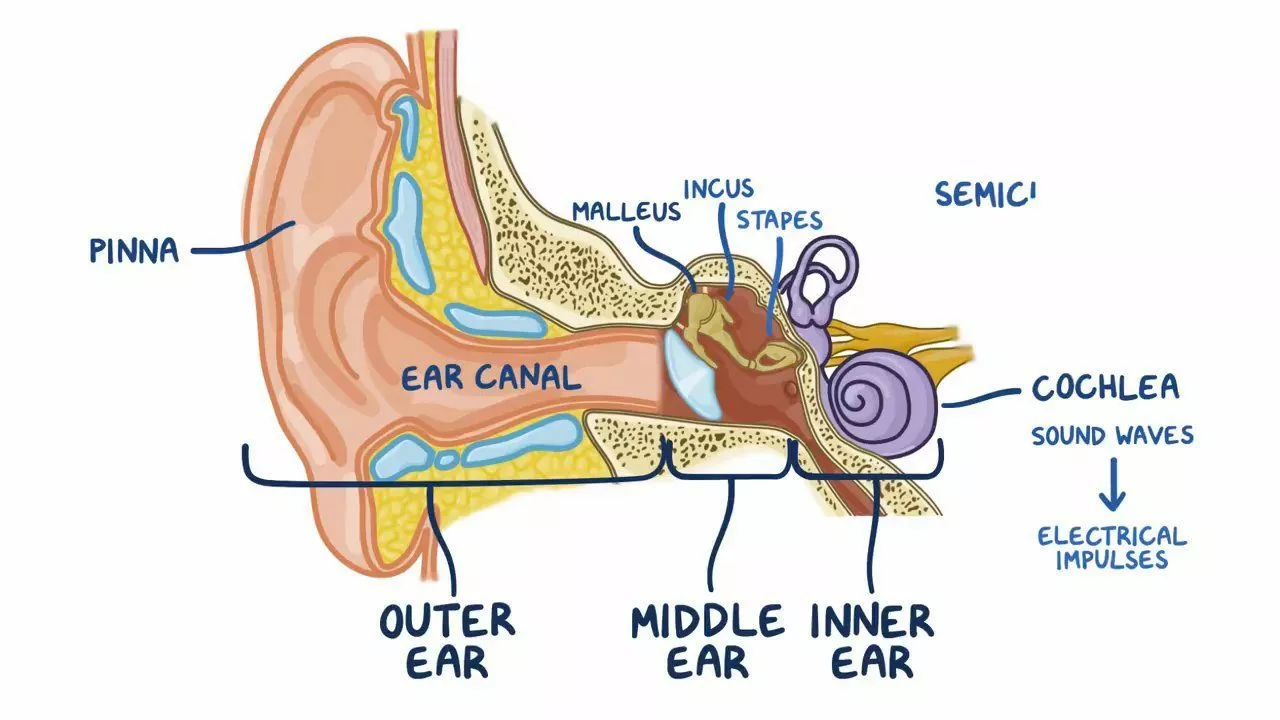Ear Canal: Care, Common Problems, and Simple Fixes
Your ear canal does more work than you think. It funnels sound, protects the eardrum, and even makes earwax that keeps dirt and bugs out. Most issues are simple to handle at home, but some need a doctor. Here’s clear, practical advice you can use today.
Common ear canal problems and what to do
Earwax buildup: Wax is normal. It only becomes a problem when it blocks sound or causes pressure. If your ear feels full, muffled, or you hear popping, try softening drops. Put 2–3 drops of mineral oil or over‑the‑counter ear drops in the ear twice daily for 2–3 days, then rinse gently if needed. If that doesn’t help, see a clinician for safe removal—don’t stick cotton swabs in the canal.
Swimmer’s ear (otitis externa): This is an infection of the ear canal that comes from trapped water or irritation. You’ll feel pain, itch, or notice drainage. For mild cases, keep the ear dry, use over‑the‑counter ear drying drops, and take pain relievers. If pain is severe, there’s swelling, fever, or persistent discharge, see a doctor—prescription eardrops often clear it fast.
Foreign objects or sudden injury: If something gets stuck (especially in children) or you hit your ear hard, don’t poke or probe. Cover the ear lightly and get medical help. Trying to remove objects yourself can push them deeper or damage the eardrum.
Perforated eardrum or sudden hearing loss: Sharp pain, sudden drainage, or a sudden drop in hearing could mean a hole in the eardrum. Small perforations often heal on their own, but you should see a doctor to avoid infection and to check hearing.
Quick prevention and safe cleaning tips
Dry ears after swimming or showering. Tilt your head and gently tug on the earlobe to let water out. For extra dryness, a few drops of equal parts white vinegar and rubbing alcohol after swimming can help evaporate water and reduce bacteria—only use this if you haven’t had ear surgery or suspect a perforation.
Never insert cotton swabs, hairpins, or other objects into the ear canal. They push wax deeper and can damage the eardrum. Clean only the outer ear with a washcloth.
Keep earphone volume moderate. Long, loud listening damages hearing over time, not the canal itself, but protecting your ears helps overall ear health.
See a doctor if you have severe pain, fever, ongoing drainage, dizziness, or sudden hearing loss. If you’re unsure, a quick check with a nurse or clinic can save trouble later.
Simple attention keeps your ear canal working well. Small actions—drying ears, avoiding probes, and using safe drops—solve most problems. When in doubt, get a professional look; it’s fast and usually makes you feel better right away.

The Importance of Ear Hygiene in Preventing Ear Canal Infections
As a blogger, I cannot stress enough the importance of maintaining good ear hygiene to prevent ear canal infections. Keeping our ears clean plays a crucial role in warding off bacteria and protecting our hearing. Many people may not realize that excessive earwax can lead to infections, and using cotton swabs can push wax deeper into the ear canal. To maintain healthy ears, I recommend regular check-ups with a healthcare professional and using safe techniques for ear cleaning. Remember, a little care goes a long way in ensuring our ears remain infection-free and functioning at their best.
read more
